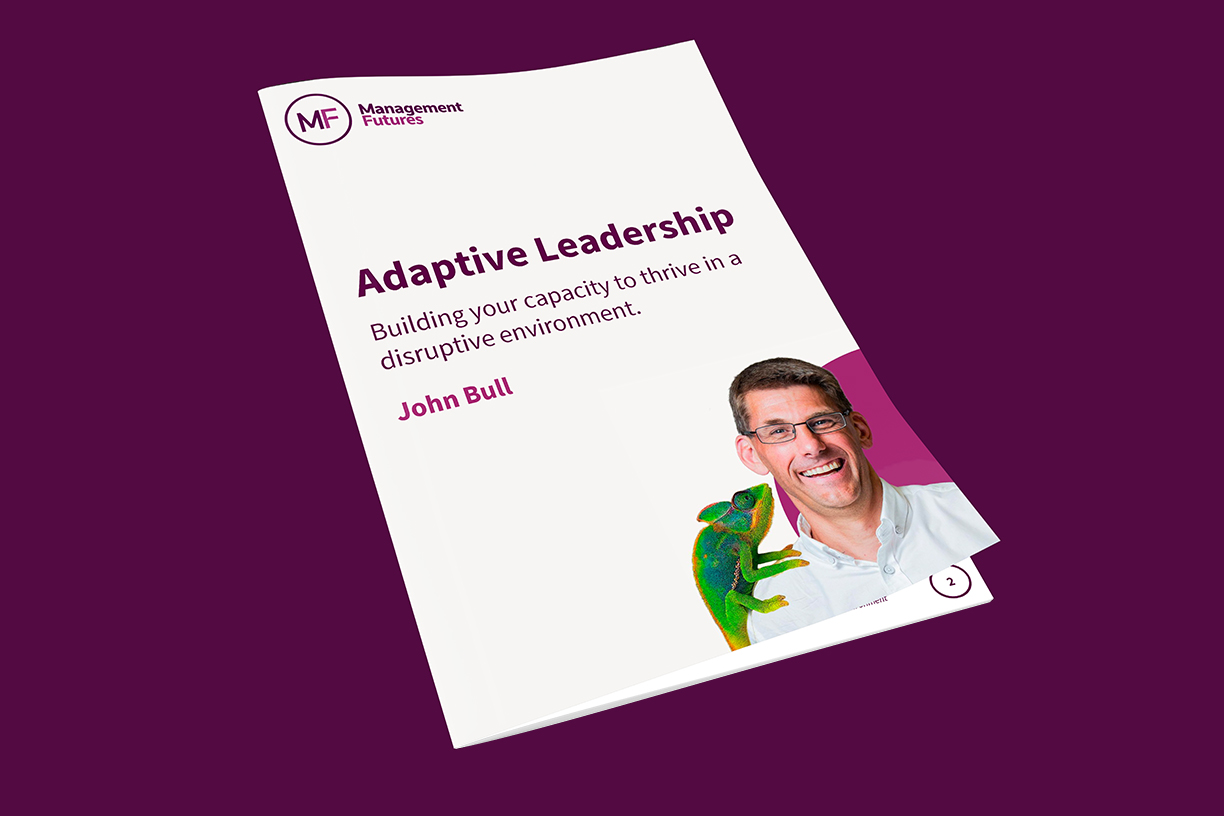Our associates have been busy sharing their thoughts on how best to support each other during these difficult times. Here Viv Vella shares her insights on staying positive and effective when working from home...
Needing to work from home at this time? Some helpful pointers...
- Environment: Find a spot at home to create the best working environment that you can. Have what you need in reach, a comfortable chair, add ambient extras.
- Boundaries: Understand the boundaries of what work you can do from home. When you’re clear of what you can work on from home, communicate this to who needs to know: your boss, team, clients. Decide what approach, to working from home, works for you i.e. integrating it into home/family life (timeout to do chores) or more timetabled work times (set times to start and finish).
- Structure: It could become very easy to tip, from what is a different and potentially more relaxed way of working into random, unproductive days! Some structure is required: advisable to get dressed! Look at what engagements you have in your diary e.g. calls, remote meetings? Think through what you need/want to achieve in your day and create a to-do list: star items that must be done that day, others could be done if possible or carried forward. Think about the proportion of work that you have to do reactively and make time too, to be proactive with implementing your desired work ideas.
- Connection: It is so important not to feel isolated, keeping connected is key. Using all usual methods plus: Skype, WebEx, Zoom, Facetime etc for visual connection. Both for formal communications e.g. work discussion meetings and informal meetings for sharing sometime over a coffee/tea/beer/glass of wine, being in your own home and talking together.
- Opportunities: Choose purposely how to use your time for example, if you are saving on commuting time. What are the options?: learning or honing a new skill online / catching up with reading interesting books and articles / TED talks for information and inspiration.
- Flexibility: There’s a need here to be able to firstly, recognise the requirements of your own situation, and then to think creatively with how to maximise your effectiveness. Letting go of a fixed way of doing things, may be required. If it is you and your working partner at home, how are you going to share the space for both of you to operate well? If there is additionally the need to manage the children and/or elders at home, what arrangements need to be agreed and tried out (remember flexibility, the initial idea may not work!) for home working under these circumstances to be most successfully carried out by all parties?
- Managing stress (your own and others): Uncertainty and anxiety abounds, and you may already be dealing with bad news. Maybe the best we all can do during these challenging times is to keep ourselves as resourceful as possible to be able to do the best we can, that is ultimately all we can do.
- Self-care: Make sure you have a break from your work station and move about (stretch, walk, dance!), enjoy something good to eat, keep hydrated by drinking water, regularly connect with people that re-energise you, remember all the things in your life that you can be grateful for...what else might work for you?
How I hear you ask? Some thoughts are:
- Be kind with yourself - turn down that harsh inner voice before it gets going! This of course also applies in kindness to others.
- Exhale for longer than your inhalation several times – this breathing releases the para-sympathetic hormones that help counter act the stress hormones and calm us and restore us to our most resourceful selves. The act of doing this has a resonant effect on the state of others nearby ie calming them down too.
- Listen to a favourite piece of music (calming or re-energising)
- Warm bath
- Ambient candles
- Reading for pleasure
- Cup of camomile tea
- Watching a favourite feel-good comedy programme
- Any opportunity to be out reconnecting with nature
How to manage your worries. With All in the Mind’s Claudia Hammond:
https://www.bbc.co.uk/programmes/p03rwr72
https://www.huffingtonpost.co.uk/entry/heres-what-happens-to-your-body-when-you-overthink_uk_5e3198edc5b690f105766e94?guccounter=1
Links to resources you may find helpful, insightful and fun!
https://www.thersa.org/discover/videos/rsa-animate
https://www.ted.com/talks
https://hbr.org/2018/01/podcast-ideacast







